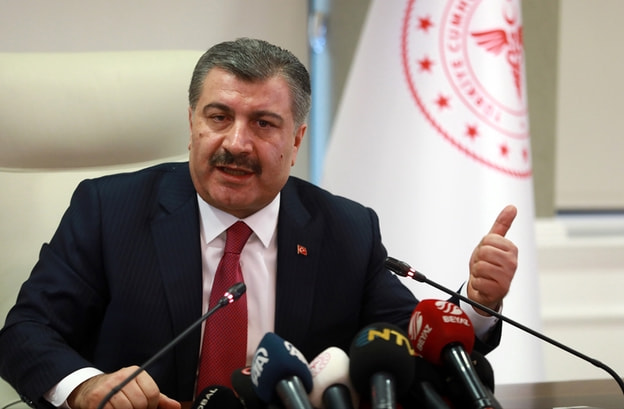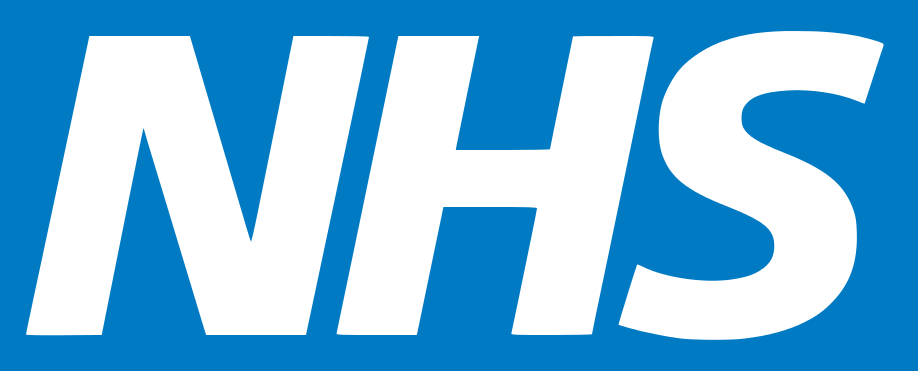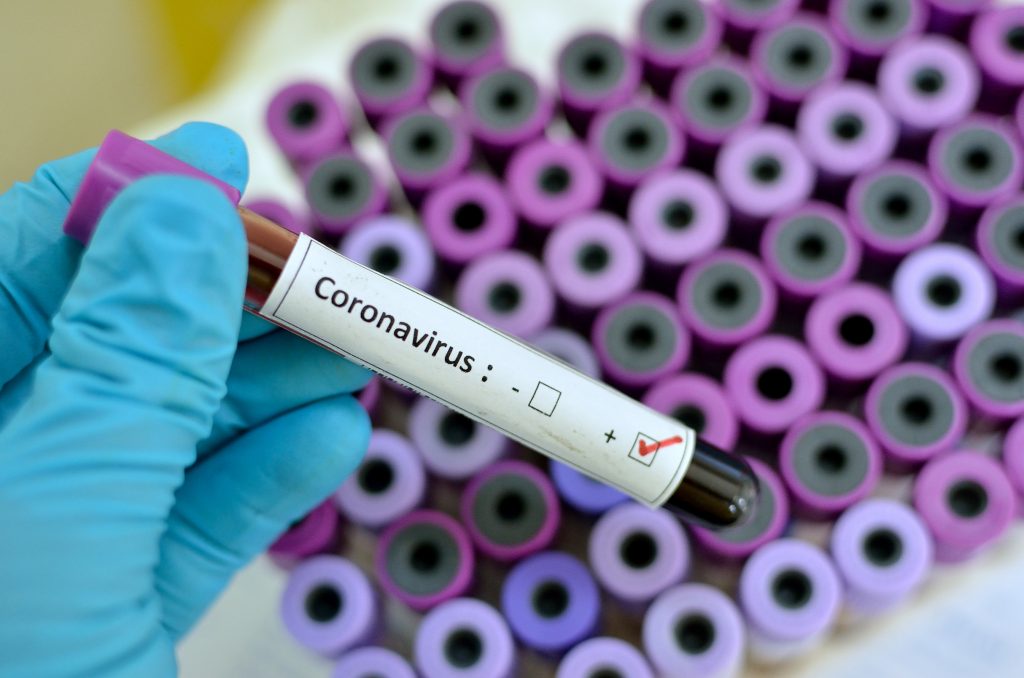The first cases of coronavirus (COVID-19) have been confirmed by officials in Turkey and the Turkish Republic of North Cyprus (TRNC).
On Tuesday, 10 March, a 65-year-old German tourist visiting the TRNC tested positive for COVID-19. She had been staying at Salamis Bay Conti Hotel in Mağusa, which has since been quarantined.
TRNC Health Minister Ali Pilli said the infected woman had arrived as part of a group of 30 tourists from Germany’s Balingen town on Sunday. She was taken to a local hospital for treatment, and her health condition ‘remains well’.
Earlier today, Turkey announced its first case of coronavirus. “A male citizen tested positive for the coronavirus in the evening,” Health Minister Fahrettin Koca said at a press conference in the capital Ankara.
“The infected individual contracted the virus after returning from Europe. He has been completely isolated,” Koca added.
The Turkish Health Minister said through an early diagnosis, “The patient’s general condition is good. All of his family members and those who came into contact with him are under surveillance.”
Minister Koca also asserted that, “If there is a virus infection in the country, it is very limited. One or more cases of the coronavirus should not be considered an epidemic.”
He urged people to, “not go abroad unless it is compulsory”, and that Turkey had “planned its fight against the coronavirus”, and would “follow the ministry’s guidelines for safeguarding against the coronavirus”.

The global death toll from COVID-19 has been officially classified a “pandemic” said Tedros Adhanom Ghebreyesus, the Director-General of the World Health Organisation. Speaking at a press conference in Geneva today, he said there were now more than 118,000 cases in 114 countries, and 4,291 people had lost their lives.
The vast majority of reported cases are in China. Italy is next worst affected, with reports of more than 9,000 infections and over 630 deaths, prompting the authorities to place the country on lockdown, essentially stopping all travel into and out of Italy.
High outbreaks of the virus have also reported in Iran and South Korea.
In the UK, the number of confirmed coronavirus cases has now reached 460, and eight Britons have died. Junior Health Minister Nadine Dorries is among those to have tested positive for coronavirus and is currently self-isolating.
Coronavirus symptoms
Deemed a respiratory illness, coronavirus can affect a person’s lungs and airways. It poses a moderate risk to most people, but can also be fatal for the most vulnerable, such as the the elderly and those suffering from chronic illnesses.
The symptoms of coronavirus are:
- a cough
- a high temperature
- shortness of breath
However, these symptoms do not necessarily mean you have the illness. The symptoms are also similar to other illnesses that are much more common, such as a cold or flu.
As it is a new illness, scientists have not yet determined how coronavirus spreads from person to person. Usually, these types of viruses are spread in cough droplets and it is assumed coronavirus is the same.
Dos and Don’t’s
The NHS website advises the following:
Do
- wash your hands with soap and water often – do this for at least 20 seconds
- always wash your hands when you get home or into work
- use hand sanitiser gel if soap and water are not available
- cover your mouth and nose with a tissue or your sleeve (not your hands) when you cough or sneeze
- put used tissues in the bin straight away and wash your hands afterwards
- try to avoid close contact with people who are unwell
Don’t
- do not touch your eyes, nose or mouth if your hands are not clean
Advice for travel
Advice for travel continues to vary from country to country.
Turkish citizens have been issued an advisory today, urging them to avoid international travel unless absolutely necessary.
The TRNC Foreign Ministry’s last update about the Coronavirus was on 5 March, when it announced that, “Third country nationals who will travel to the TRNC from China, Iran, Iraq, South Korea and Italy, which are considered as high risk countries in terms of COVID-19, will not be admitted to the TRNC from the land, sea and air border gates until further notice.”
It also states, “TRNC citizens who will return from these countries are exempt from this restriction. However, those who have been in these countries in the last 14 days will fill-out passenger information forms under the supervision of Health Ministry staff and if necessary will be placed under quarantine.
“TRNC citizens returning via Turkey will be required to fill-out passenger information forms and go through health checks in Turkey. Those identified in a risk category will be placed under quarantine for 14 days before returning to the TRNC.”
The UK has also issued travel warnings, urging travellers to avoid the worst affected areas such as China and Italy.
The Foreign and Commonwealth Office (FCO) advises Britons returning from destinations with known major outbreaks to self-isolate for 14 days: China, Hong Kong, Macao, Cambodia, Iran, Italy, Japan, Laos, Malaysia, Myanmar, Singapore, South Korea, Taiwan, Thailand, and Vietnam.
Those showing symptoms are advised to call 111 or visit the NHS Coronavirus page online.




